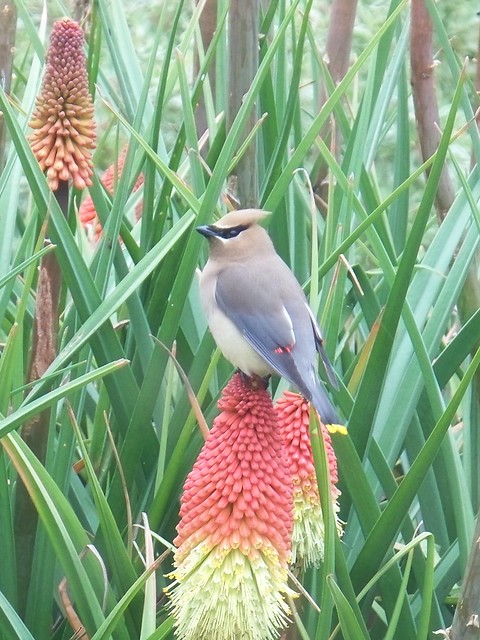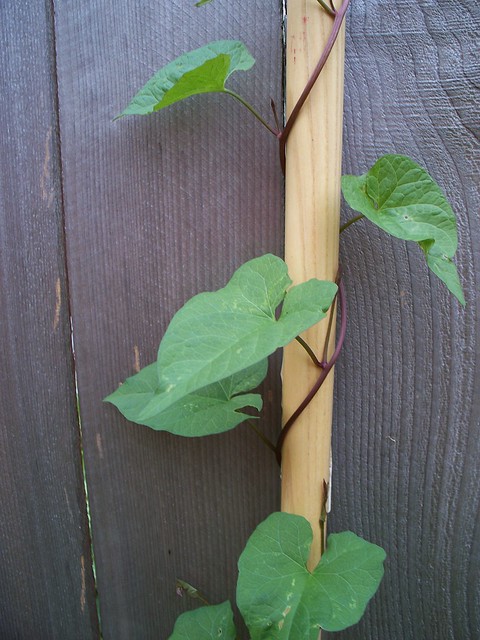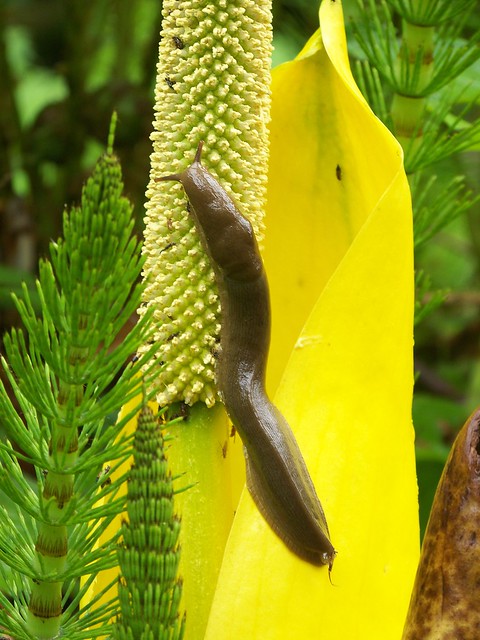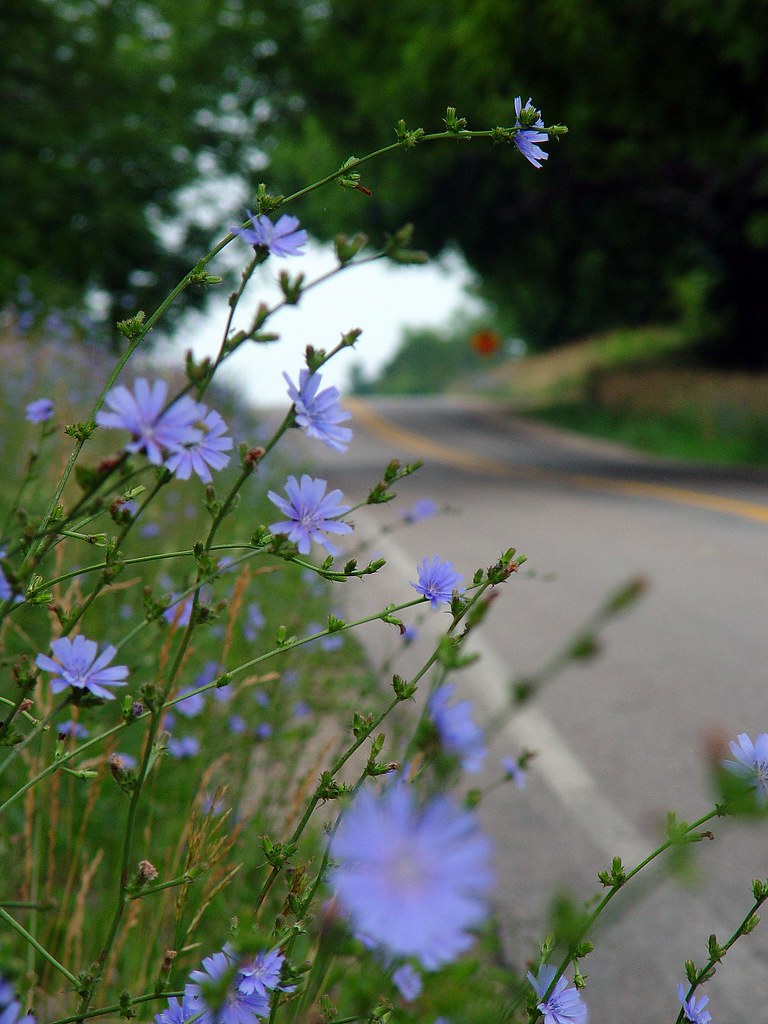*** **** *** **** *** **** ***
Hello, my name is Alyss and this Christmas was my fifth Christmas at West Hills. I didn't grow up a Quaker but last summer, a Friend here accused me of "being convinced by the process". I laughed but have come to think of that as the best way to describe my Quaker conversion. This process, these centuries old methods of seeking and finding, these are distinctive ways of worship and business particular to us Quakers. I've seen them work and they have convinced me.
George Fox wrote, "Meet together, and in the measure of God's spirit wait, that with it all your minds may be guided up to God, to receive wisdom from God. That you may all come to know how you may walk up to him in his wisdom."
Here at West Hills Friends we hold our open worship to be that special and sacred place where we wait for God's spirit. And more than once, I have received some of that wisdom Fox referred to. Sounds like it would be fun, right? Hah. Being led to speak in Meeting is not, in my experience, an altogether pleasant experience. I like to talk and I like to tell people what I think and know. I mean, I'm a middle school teacher - I make a living standing up in front of big groups of people telling them what I know. But giving vocal ministry is not like that at all.
Silent worship is, in our Quaker understanding, a time for God to speak to us. God is speaking to us, her gathered body. God has always had to use humans' hands, mouths and wombs to do her work and through generations of lived experience we have learned that silence together is one of the best ways to prepare for hearing that voice of god. That silence is important, it is sacred, it is the path we walk on to get to the place we can hear god. And maybe be asked to share what we hear.
In 1659 early Friend, Alexander Parker wrote about giving vocal ministry: "And if any be moved to speak words, wait low in the pure fear, to know the mind of the Spirit, where and to whom they are to be spoken. If any are moved to speak, see that they speak in the power; and when the power is still, you are still."
Pure fear. Speak in the power and when the power is still, you are still. This is not a small task we are being called to. Silent worship has always seemed to me as akin to us all being archaeologists working on a dig. Each person is intent on the delicate work right in front of them. Giving vocal ministry is like yelling "Look - look what I found!" Everyone stops their own work with tooth brushes and dental picks to see what you found. If what you've found is good it will help everyone else with their work. But there's a chance that you are distracting them and interrupting their good work.
In my experience, being called to speak in worship is a distinctly physical experience. It starts with a thought, just like any other thought, but almost immediately there is a distinct bell that DINGS in my mind. A flag that this is important. So, my mind reacts to this notice of importance with "Oh! I should stand up and share!" But then I get a kind of sense of dread. Nope, that's just my ego talking, wanting to be seen and heard and have people think I'm witty and wise and clever. That is not what this time is for. So I sit, listening again.
Edward Burrough, an early convert under Fox wrote in 1655 "Do not be hasty, when you see things open in your minds; dwell in them, and do not run out to speak them, but treasure them up in your hearts, and take heed, and keep low in the fear of the Lord God, that pride and presumption do not get up, nor anything be exalted above what is pure."
 Often, at this
point, that original thought expands, contracts, continues on to
something else that feels different than my own thinking and again the
bell DINGS. By this time, though, the No often comes from my ego... "I am
so not standing up and saying THAT". What before felt like a message
that would get me applauded now feels like a message that would bare my
innermost tender and gooey parts. I am not saying that out loud. At about
this time my stomach starts to hurt and my knees feel weak. Denial on
the edge of panic. No no, no. But the message won't go away and by now
it is clear that god has tapped me on the shoulder to say this thing.
She's waiting, standing behind me with my arms crossed waiting, like
Yahweh listening to Moses give all the reasons he can not possibly go
talk to Pharaoh, both of them knowing full well Moses is gonna go talk
to Pharaoh.
Often, at this
point, that original thought expands, contracts, continues on to
something else that feels different than my own thinking and again the
bell DINGS. By this time, though, the No often comes from my ego... "I am
so not standing up and saying THAT". What before felt like a message
that would get me applauded now feels like a message that would bare my
innermost tender and gooey parts. I am not saying that out loud. At about
this time my stomach starts to hurt and my knees feel weak. Denial on
the edge of panic. No no, no. But the message won't go away and by now
it is clear that god has tapped me on the shoulder to say this thing.
She's waiting, standing behind me with my arms crossed waiting, like
Yahweh listening to Moses give all the reasons he can not possibly go
talk to Pharaoh, both of them knowing full well Moses is gonna go talk
to Pharaoh.Other people speak and I am temporarily relieved. Sweet, off the hook! But then the silence falls and I'm back on that hook. Finally I can't stand it. The pressure is too much or Mike asks if "all hearts are clear" and mine most certainly is not. I stand and start to speak. The first few words are familiar, I thought these already. But often the message moves away from my thoughts and things that had been nebulous at best come out in elegant or halting words. People often thank me for these words but I feel bashful - they weren't mine. I didn't think them, I hardly remember speaking them. When the message is done I sit down and thank goddess for whoever it was that donated those pillows 'cause I really need to hug something to me when I sit back down. The first time this happened I remember thinking, "oh! That's why we're called Quakers."
Giving vocal ministry in open worship is a Quaker distinctive. It is a thing that sets us apart from other people, other Christians, other seekers. I don't know if this is how vocal ministry works for yo, and this is not how god works for me in most other places in my life. It is a mystery and I have no explanation. I am convinced by the process, though.
Quotes from Early Friends came from Hall V Worthington's website here: http://www.hallvworthington.com/George_Fox_Selections/meetingrules.html





















